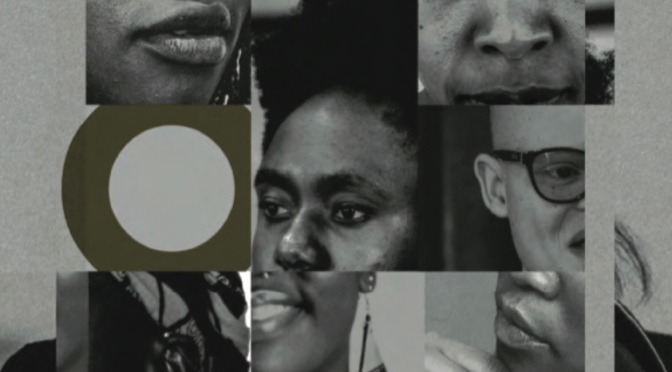What makes a good leader?
I read this book a while ago and have been waiting for the right time to review its contents and 5 a.m. for bloguary seems like the perfect time.
I spend a lot of time wondering about what makes a good leader at work, within a family and especially a political leader. I came across this book in a used book store and I was immediately drawn to the title because I thought it was talking about servants as leader but it was actually talking about the need for leader to be servants in order to be successful leaders. That was a little surprising to me but I read on and the following quotes summarize the elements of a good political leader.
The servant-leader is servant first — as Leo was portrayed. It begins with the natural feeling that one wants to serve, to serve first. Then the conscious choice brings one to aspire to lead. He is sharply different from the person who is leader first, perhaps because of the need to assuage an unusual power drive or to acquire material possessions. For such it will be a later choice to serve – after leadership is established.”
Page 7
My mind immediately runs to African politics where the goal of the politician is to make as much money as possible and helping people becomes secondary. I think this mindset became more prevalent for African leaders post independence because they now had access to resources and figured why not fill our pockets. Maybe one day we’ll help our people maybe we will just keep helping ourselves and keep criticizing western systems. I don’t believe this was the case pre-independence. Most leader were concerned with the well being of their people but I guess something changes in you when you control the purse strings.
The next quote that stood out to me felt more inward facing. Before the leader can rob the servant they need to be accepted as a leader. This is accomplished
By clearly stating and restating the goal the leader gives certainty and purpose to others who may have difficulty in achieving it for themselves”
Page 9
Political leaders in particular are required to inspire the masses into voting, paying more taxes, agreeing to start or end wars and this all requires a leader that gives them purpose as a nation. They need the ability to sell a dream which is why propaganda can be so effective. It easily sways the often vulnerable citizens by evoking strong emotions.
The next quality that makes a good leader is knowing and being able to read the room. I think about Donald Trump and how so many people were surprised at him winning in 2016 US presidential election, but I wasn’t surprised because I could see that the mood in the US had shifted. I read one of his books and while it wasn’t Pulitzer Prize literature he was accurately reading the room and the public sentiment. Not only was he correct about the US sentiment but we saw many leader like him get elected across the globe following his win. Many people looked at Trump as being beneath them an error I hope won’t be made in 2024 because
“The requirements of leadership impose some intellectual demands that are not measured by academic intelligence ratings. The leader needs two intellectual abilities that are usually not formally assessed in an academic way: he needs to have a sense for the unknowable and be able to foresee the unforeseeable………Others will depend on him to go out ahead and show the way because his judgement will be better than most”
Page 14-15
I want to emphasize the point that it is better than most not necessarily the best. This brings us to what I think is the most important quality of a leader the ability to persuade their followers. I think some people erroneously believe that force is enough to be a good leader but
“The trouble with coercive power is that it only strengthens resistance. And, if successful, its controlling effects only last as long as the force is strong. It is not organic. Only persuasion and the consequent voluntary acceptance are organic.”
Page 32
No one feels like they have to persuade anyone anymore. Engaging in discourse often lands people being categorized as spreading hate and our leaders have become fearful to persuade those that are not already on their side. I think the best leaders should be able to persuade not only those that have already accepted their leadership but the ones still in doubt.
All quotes taken from The Servant as Leader by Robert K. Greenleaf




